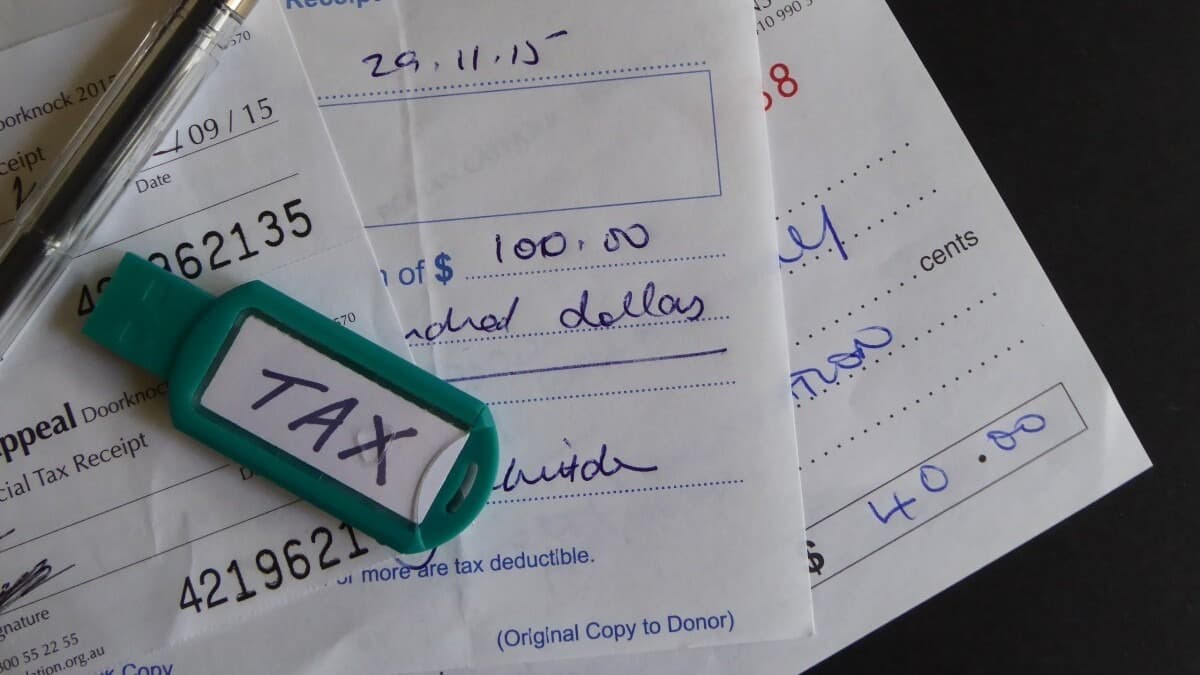H&R Block submitted nine recommendations to government including raising tax-free threshold to $25,000 and making instant asset write-offs permanent.
Tax firm submits nine recommendations to government roundtable, drawing from 770,000 annual client interactions
H&R Block has lodged a submission with the Federal Government’s Economic Reform Roundtable containing nine key recommendations aimed at supporting small businesses and easing cost-of-living pressures. The submission is set for consideration at the August roundtable focused on improving productivity, enhancing economic resilience, and strengthening budget sustainability.
The recommendations come from Australia’s largest firm of tax accountants, which operates over 400 offices nationwide with over 2,500 staff across every state and territory. The company services 770,000 working-class Australians annually, accounting for over 6% of total individual tax returns submitted each year.
According to the submission, the recommendations “have been shaped through extensive consultation with our offices across the nation” and are described as “pragmatic, easy to implement, and designed to deliver immediate benefits to the broader economy by improving productivity, enhancing labour market flexibility, and reducing expenditure.”
Small business measures
H&R Block recommends making the instant asset write-off permanent “to reduce the uncertainty of year-to-year expirations, extensions, and adjustments.” The firm argues this “will allow small business to better plan out their investment timing decisions over the medium term, rather than just optimising for the next year.”
The submission calls for standardizing the definition of “small business” across different tax measures. Currently, the CGT small business discount applies at a $2 million turnover threshold, the instant asset write-off at $10 million, while most other income tax concessions apply up to $50 million. H&R Block wants these “various thresholds standardised at the higher rate of $50 million, which would act as a boost to small business activity and also aid compliance and simplify tax administration.”
The firm opposes recent ATO initiatives moving small businesses from quarterly to monthly BAS filing for poor lodgement performance. Their position is that “businesses with late BAS lodgements are often already straining under their compliance and administrative burden; thus, further increasing that burden by demanding monthly BAS lodgements is unlikely to be an effective remedy.”
H&R Block proposes requiring the ATO to produce a “certificate of compliance” for significant tax administration changes, demonstrating that changes “are designed to increase productivity and reduce the compliance burden on those affected.” Under this proposal, if the ATO “can’t demonstrate that, the changes don’t proceed.”
The submission also recommends increasing the $40,000 non-commercial losses threshold for primary producers, noting this amount “has remained unchanged since the rule took effect, and it is no longer a realistic figure for current primary producers.”
Individual Tax Changes
The centerpiece recommendation involves raising “the tax-free threshold to $25,000.” H&R Block states this “will increase the incentive to work and reward lower-paid individuals, with a consequent flow-on effect through the broader economy.”
The firm wants tax thresholds “indexed annually by the rate of CPI or WPI to combat bracket creep.”
For superannuation, H&R Block recommends increasing “super concessions for lower income earners – e.g. the low-income super tax offset, government co-contributions, spouse contributions.” They argue this “would boost the retirement system for the low-paid and non-earning spouses while not encouraging the accumulation of wealth by the well-off.”
Pensioner work incentives
The submission addresses aged pensioner work incentives, noting that pensioners currently “can earn $450/fortnight without it affecting their pension payments.” H&R Block recommends “that anything that is earned up to this amount is tax-free.” They describe this as a measure that “would improve labour market flexibility by encouraging more pensioners to work part-time or full-time.”
Company positioning
H&R Block positions itself as having “firsthand insight into the structural inefficiencies and complexities managed by everyday Australians, as well as the practical reforms needed to improve productivity” through its “role in supporting small businesses, sole traders, and families.”
The company states it “pride ourselves on finding savings for middle Australia” and expresses willingness to “offer a briefing to Government on our recommendations and offer our expertise for further consultation, given our unique position as both a tax agent and a significant employer of Australians.”
The submission concludes with H&R Block saying they are “grateful for the opportunity to work productively with Government to ensure a more resilient economic future for Australia” and look forward to “continuing engagement” on these issues.
Keep up to date with our stories on LinkedIn, Twitter, Facebook and Instagram.

